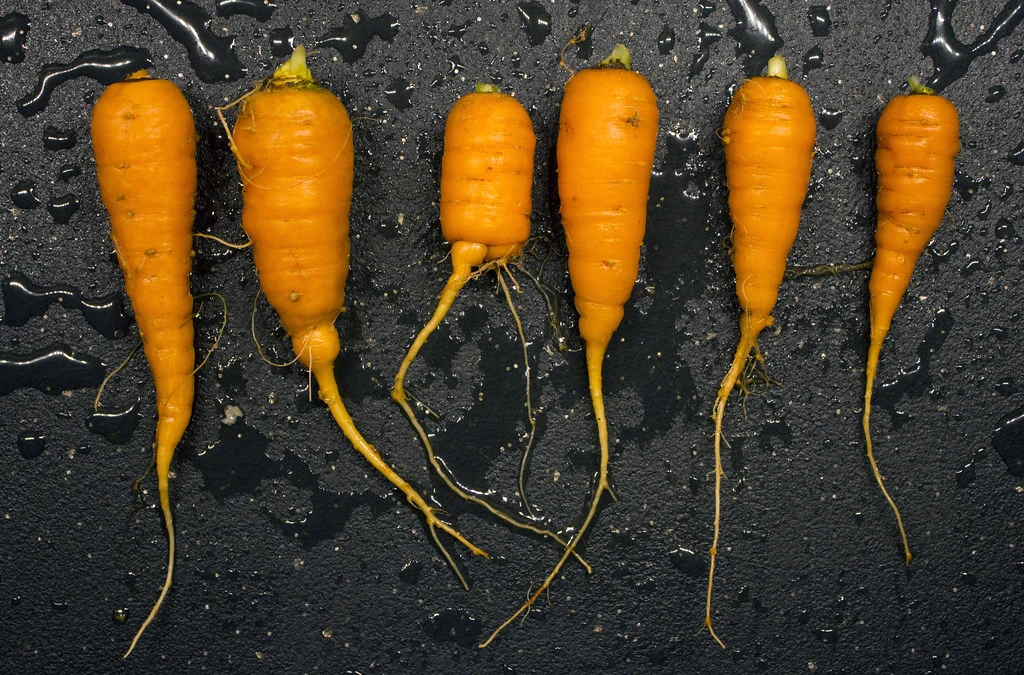In a pioneering move destined to reshape global approaches to food scarcity, students from Qatar, under the guidance of Carnegie Mellon University, Doha, have introduced their trailblazing 3D-printed carrots. Merging the realms of lab cultivation and 3D printing, this ambitious venture promises to position Qatar as a vanguard in food technology and sustainability.
Two enterprising students, spotlighted by Al-Jazeera, championed this initiative. The project’s inception orbits around creating a printer tailored for large-scale vegetable production. Their innovative methodologies have stirred waves in the agri-tech landscape due to the distinctive fusion of traditional vegetable purees and cutting-edge 3D printing techniques.
Though the initial yield remains modest, the breakthrough highlights a significant departure from conventional agriculture practices, especially pertinent when considering the FAO’s observation that crops already occupy 38% of global land. It also offers hope for regions like Qatar, where a mere 2.5% is arable land, leading to heavy dependency on food imports.
“The brilliance of our approach stems from the marriage of ultraviolet light-assisted mass production and the utilization of edible materials in 3D printing, a combination that’s never been explored before,” said one of the visionary inventors.
Aside from the technological marvel, the 3D-printed carrot stands out for its nutritional equivalence to its traditionally farmed counterpart, an attribute buttressed by extensive stem cell research on this vegetable.
As the Carnegie Mellon University, Doha, and these zealous students continue to hone their craft and magnify their impact, their endeavor is setting new benchmarks for practicality, innovation, and technological prowess in the realm of sustainable food solutions. Their trailblazing work not only underscores the transformative potential of 3D printing in food production but also shines a beacon of hope for regions grappling with food security challenges.





